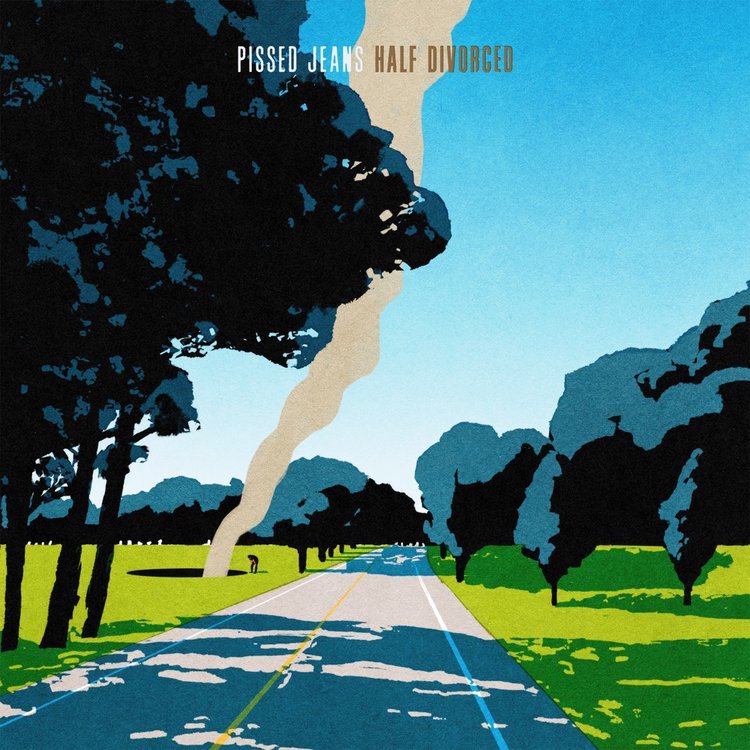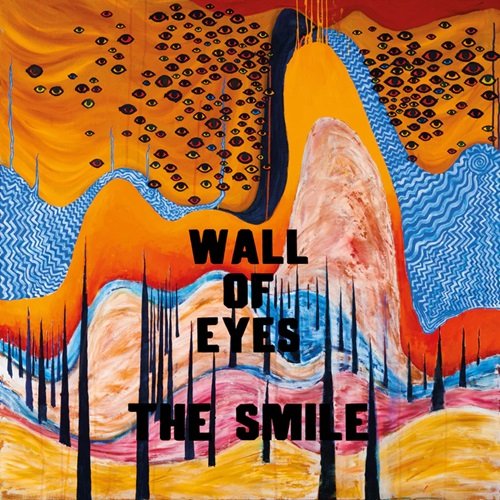Lord Huron - Vide Noir
Lord Huron
Vide Noir
By: Ryan Kachikis
(1-877-VIDE-NOIR) takes you to a voicemail operator, who takes you to a voicemail store clerk; or if you choose, a voicemail radio DJ promoting Lord Huron’s new single. “Where can you go when it’s all in your head?” sings Ben Schneider, showing his fear of the ethereal. Where does he go? A night drive through LA turns ink black streets to dead space, city lights to stars, and California to the Cosmos.
Vide Noir (translates “black void”) is the musical equivalent of a Kilgore Trout serial: bleak and dusty sci-fi found in your favorite used bookstore, and, like Vonnegut’s alter- ego, thoroughly fictitious. Lord Huron love to play with world creation; whether the tales of an imaginary explorer inspiring their debut album Lonesome Dreams or a comic about Cobb Avery for 2nd LP Strange Trails, Schneider’s penchant for the fantastical continues and is now positively John Carter Of Mars: Americana in space.
Lyrically, this album is an extended metaphor dealing with breakup, addiction, and city life; at it’s most beautiful on “When The Night Is Over”, and it’s most wretched on “Emerald Star”. For the most part, it’s a dark (like space!) affair, with the main character on a journey to find long-lost love. There’s a fortune-teller, drug-induced astral projection, and the balancer’s eye (on sale when you call the hotline) just to name a few artifacts found in Schneider’s universe. While he may over-rely on cosmic lingo to get the point across, the concept is strong, exceedingly visual, and occasionally less-impactful due to the singer’s e-nun-ci-ation and questionable mixing choices.
Parts folk-rock, indie, and garage revival, with enough electronic to sound futuristic, Vide Noir is without a doubt the band’s grimmest, and most versatile, record thus far. The opening dream-scape of “Lost In Time And Space” or the rockabilly “Secret Of Life”; the Black Key’s-esq “Part II” or the slow-dancing “When The Night Is Over”, choose your poison. Produced by The Flaming Lips go-to Dave Fridmann, the overall sound is hot, bass-y, and crisp, with snapping snares, sun-drenched guitars, and thematically appropriate atmospherics. The vocals are floated throughout with reverbs and delays, creating the otherworldliness one would expect.
Melodically, this band has a tendency to paint by the numbers, and this project does little to stymie the popular opinion (reinforced by the success of 2015’s “The Night We Met”) that this sound plays better in the background. Which is a shame, because the story that’s told deserves a good listen. I admittedly spent several go-rounds trying to get past the feeling I’ve heard these songs before, and it proved ultimately rewarding; though I can’t imagine most casual listeners or even die-hards of the genre looking beyond the conformity.
Go into this album expecting a story, listen with the intention of watching a movie, and you’ll have an experience. Otherwise, Vide Noir is just a collection of well-executed (and well worn) genre cuts that leave little impression on their own merit. Ben Schneider thinks like Kendrick Lamar, but his final product lacks the musical inventiveness or conviction of delivery to make the created world feel real.











